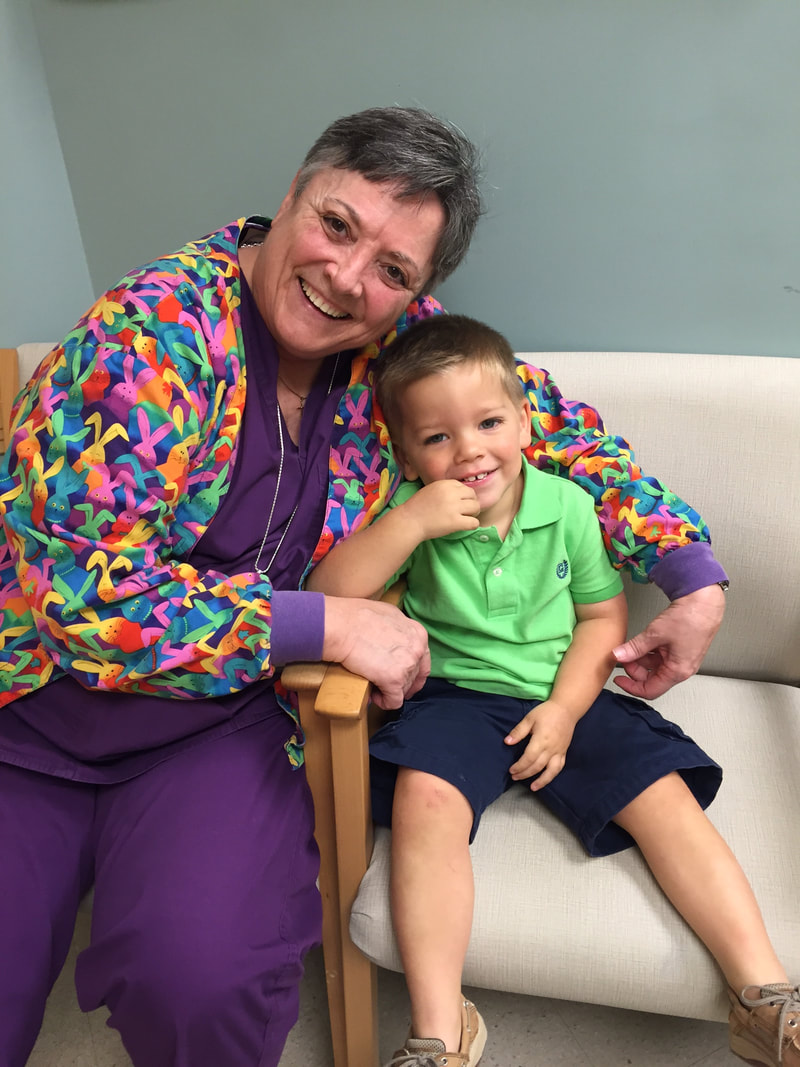BDFF Spotlight: Missy Zippel

Missy Zipple
Resides: Jacksonville
Hometown: Baudette, Minnesota
Involvement with BDFF: 40-plus years
Before officially retiring three years ago this June as a hemophilia nurse coordinator at Nemours Children’s Clinic in Jacksonville, Missy Zipple served for 38 years as a health care provider, educator and friend to a countless number of grateful children throughout the state affected by hemophilia.
“I have no way of estimating the number of children I had the honor to work with over the years,” she says. “Hundreds, thousands, hundreds of thousands. I can’t remember every name, but I have memories of them all.”
And although she may have retired from her career at Nemours, that does not mean Missy has retired from working with the Bleeding Disorders Foundation of Florida, which she has been doing for 40-plus years. She represents the Foundation at events and visits schools to educate staff on providing safe environments for children with hemophilia. She relishes remaining in contact with her patients.
At a recent event, a mother brought her son over to meet Missy, although Missy seldom forgets a face. The family had moved away when the son was very young, but his mother remembered Missy as the first contact they had with the hemophilia community.
“I remembered them well, and we were able to catch up,” she smiles. “To me, being able to see the children as they grow up and pursue life somehow validates my life. I feel like I have had a small part to play in their successes. Making a difference. That’s my reward.”
Missy also meets with families about medical alerts, equipment needs and talks to older kids about Foundation scholarship opportunities, making sure students have the information they need.
A graduate of Winona State University, Missy moved south to Jacksonville in 1973. By 1977, she was working in the hematology department at Nemours and making contact with the Foundation. Over the years, Missy has seen the enormous progressions in treating hemophilia, allowing those affected to lead relatively normal lives.
“A lot of them can have severe complications, but they are all manageable,” she says. “Years ago that was not a given. We have come so far in such a short period of time. Today a child (with hemophilia) could become a professional baseball player.”
Missy’s advice for people who are unfamiliar with hemophilia is to not look at hemophiliacs as disabled.
“There are degrees of disability,” she says. “Yes, there is no cure. It’s a lifelong challenge, but each child is different. We are making it easier for them to thrive.”
